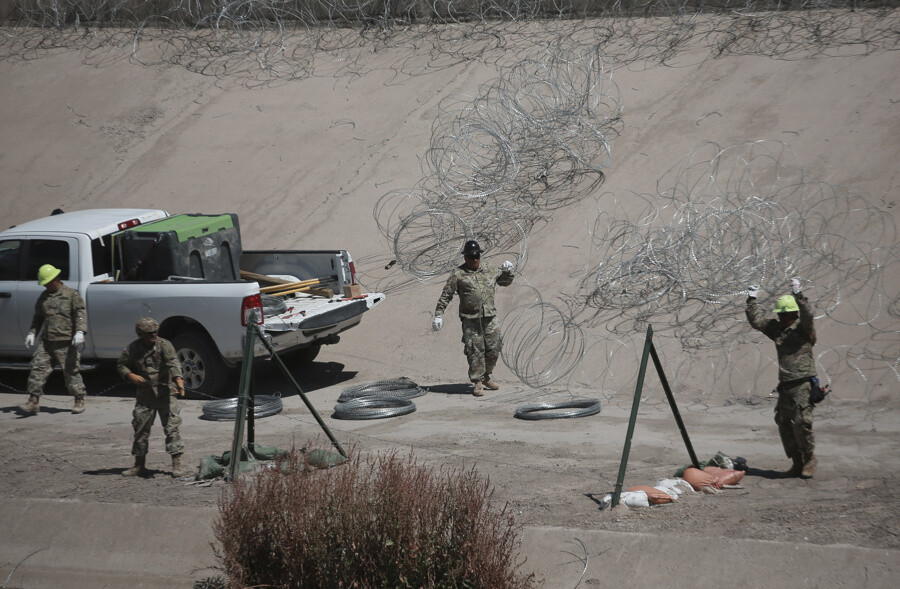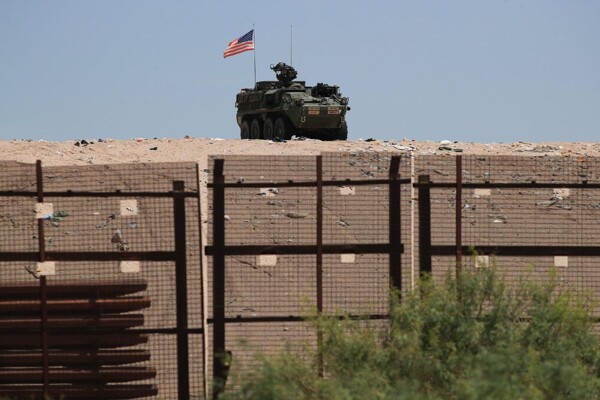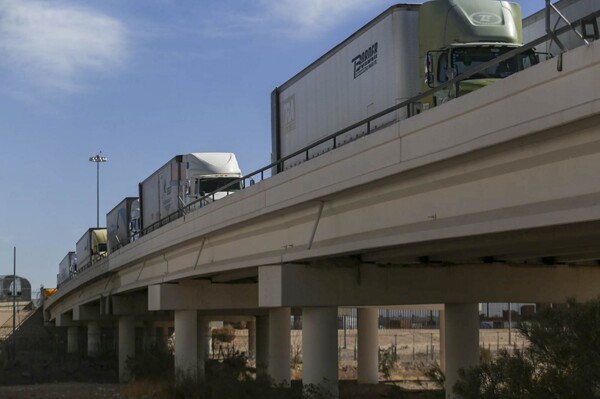
Despite the decrease in migratory flow at the Mexico-United States border in recent months, measures have been taken in the northern border region of Mexico to combat drug and migrant trafficking. Mexico sent 10,000 National Guard agents as part of an agreement with President Trump to avoid tariffs, while operations at the southern border have intensified to stop undocumented individuals.
Pastor Juan Fierro García, director of the Buen Samaritano shelter in Ciudad Juárez, has expressed his concern about the consequences of these stricter immigration policies on the safety of migrants. He mentioned that the increasing presence of security agents in the area has led migrants to seek more dangerous ways to cross the border, exposing them to human traffickers.
Fierro has highlighted that many migrants simply seek to improve their living conditions, send money to their families, or survive. However, the heightened border surveillance has forced some to turn to coyotes to cross, thus increasing the risks to their safety. Additionally, a lack of knowledge about the laws can lead to legal consequences for those migrants who cross the border irregularly.
These restrictive measures have caused displacements to other border areas in Mexico, which also affects human trafficking networks. There are fears that the militarization of the border could extend the problem to other regions of the country, further complicating the Mexican border situation.














